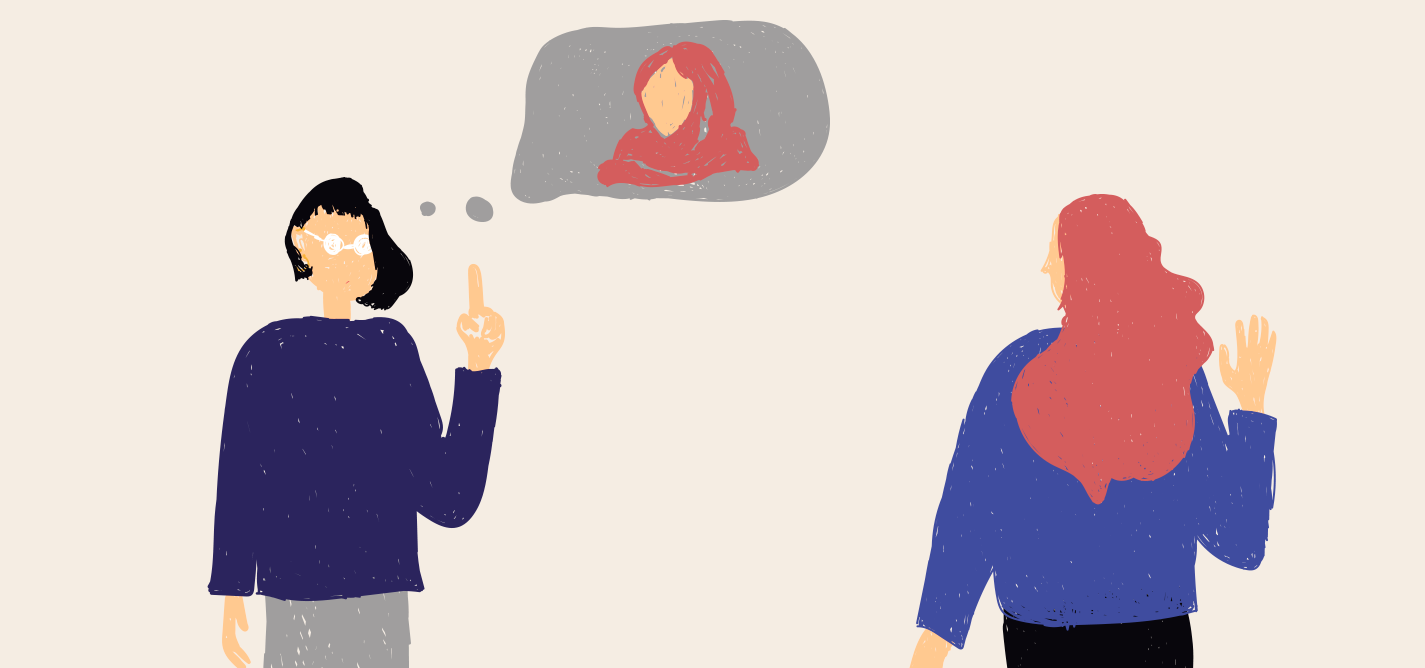
Seeking a seat at the table of white supremacy
Anti-Muslim sentiments in the Albanian diaspora.
Rarely does anyone guess my ethnicity, despite my name somewhat giving it away.
I recognize how problematic that way of thinking is now, but I need to own up to my problematic ways of thinking in the past.
I sense a feeling of superiority coming from Albanian Christians and Albanian atheists like myself.

Kosovare Duraku
Kosovare Duraku has previously interned for a human rights organization in Sydney, Australia and has also worked for the International Debate Education Association in Utrecht, Netherlands. She holds an LLM in Global Criminal Law from the University of Groningen where she wrote her thesis on Australia’s immigration policies and she is currently finishing up her second LLM in International Human Rights law at the same university.
This story was originally written in English.